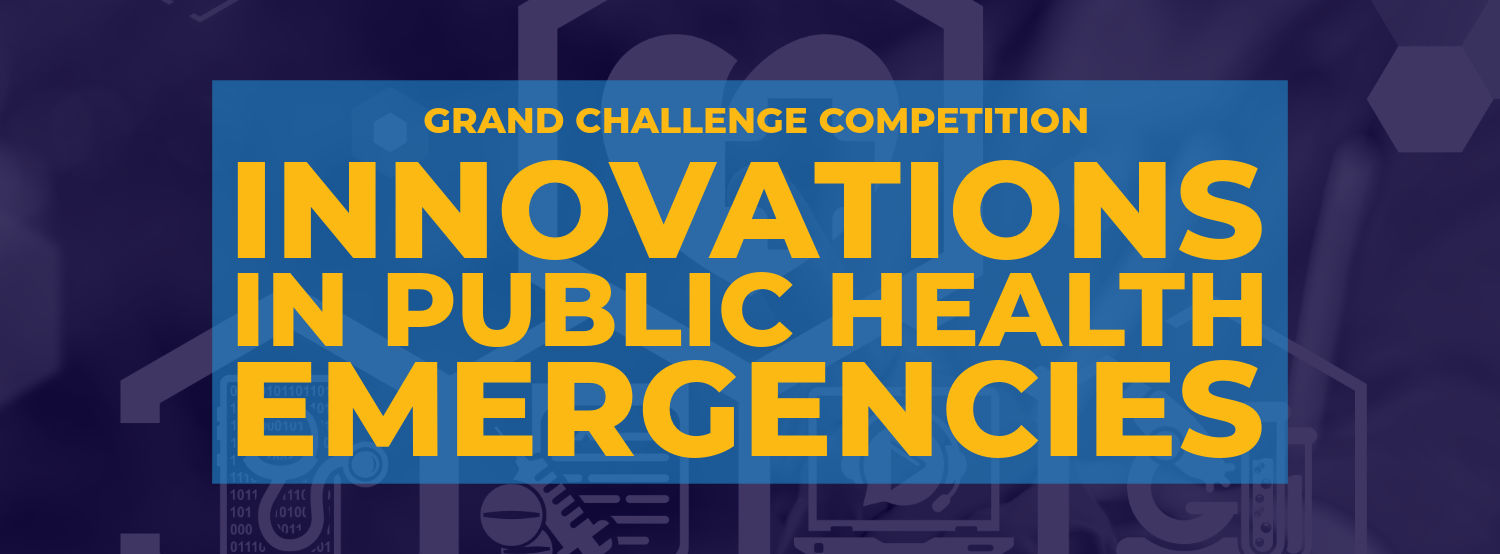Starting a business or a startup is challenging enough without adding the additional hurdles of navigating life in a wheelchair. However, for one entrepreneur, Yuriko Oda, it is exactly this experience that has led her to create an app that has the potential to change the lives of millions of wheelchair users around the world. The app, known as WheeLog!, promotes a society where wheelchair users and people with mobility challenges can fully enjoy their lives.
As a wheelchair user, Yuriko encountered many barriers that prevented her from enjoying a full and active life. Even something as seemingly small as a 4.5cm height difference could make it challenging to go outside, and she realized that access to information was key to overcoming some of these challenges. This led her to develop an app that allows wheelchair users to share information about barrier-free facilities and events with each other, giving them the confidence to go out and participate in society.
WheeLog!’s interactive map and user community enables individuals, governments, and other entities to access and share the accessibility of public and commercial facilities and the routes people can take. WheeLog! also aims to raise awareness about and advocate for a more inclusive society by partnering with local governments, corporations, and other institutions.
The challenges facing wheelchair users in different countries can vary widely, as infrastructure, mindset, and approaches to public health policy can all impact accessibility. While some countries may have larger bays in toilet facilities, for example, they may lack handrails on both sides, indicating that accessibility is not always designed with disabled people in mind. By creating an app that tackles some of these challenges head-on, the founder of this startup is helping to change the conversation about accessibility and disability rights globally.
However, changing the policy landscape in Japan, the U.S., and beyond is no small task, and Yuriko acknowledges that this will require engagement from all stakeholders, including entrepreneurs, government agencies, and ordinary citizens. A lack of resources and a perception that disabled persons' needs are a low priority compared to other issues can make it challenging to drive change in the public sector, making entrepreneurship even more important in the quest for accessibility.
Ultimately, however, it is the goal of creating a more open society that should drive this conversation. This means not just making sure that disabled people are better represented and that their needs are taken seriously but also ensuring that everyone feels included in discussions about access and public health. By forging a better relationship between disability rights advocates and policymakers, everyone can benefit from a society that is more welcoming, more compassionate, and more accessible to all.






